About IDI
Our Cross-Cutting Priorities
Our Results
Meet the IDI Board
IDI's Board is composed of ten members from different supreme audit institutions. Get to know them better in our "Meet the Board" series.
An unstable political and institutional context: a starting challenge for the SAI
The last few years have not been a bed of roses for the SAI of Chad, particularly from an institutional point of view. Following the resolutions of a National Inclusive Dialogue earlier in 2018, constitutional reform relegated the young Court of Accounts established in 2013 to the rank of a chamber within the Supreme Court, along with other institutions inherited from the 1996 constitution such as the constitutional council. Among other things, this process of institutional adjustments was intended to bring about the reforms necessary to strengthen democracy and the rule of law, through rationalising the public institutions’ landscape. In effect, however, it limited the possibilities of an independent and effective external oversight of public management, firstly by downgrading the positioning of the SAI, and then by significantly limiting its room to maneuver, given increased constraints in human, material, and financial resources.
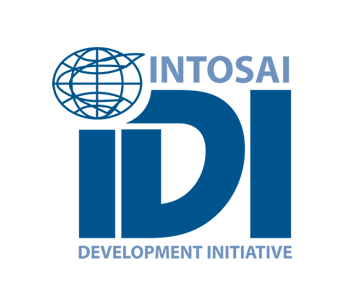
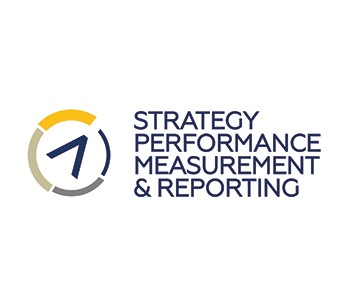
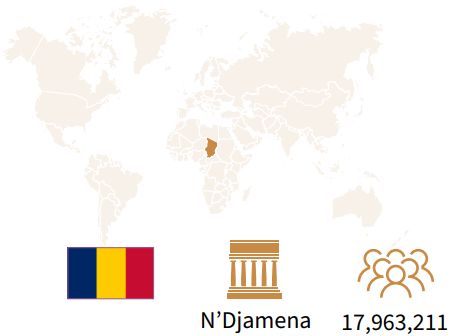


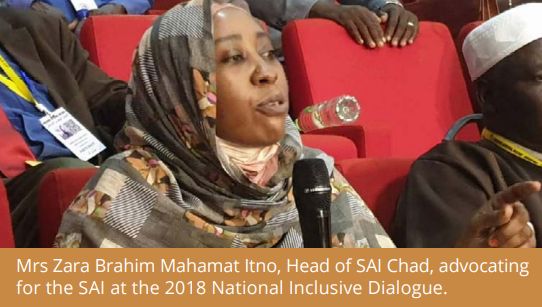
In a national environment characterised by chronic institutional instability and increasing insecurity since the accession of the country to national sovereignty from a French colony in 1960, and especially over recent years with the terrorist threat, it might have seemed extremely ambitious to expect a strong response from the SAI. However, this was without considering the will and the fortitude of the Head of the SAI, Mrs. Zara Brahim Mahamat Itno. Thanks to a strategic approach to mobilising the SAI’ stakeholders, and despite the institution’s lowlier status and unfavorable circumstances, she was able to uphold the SAI’s cause among the Chadian institutions that make themselves heard among different groups of interested stakeholders both nationally and internationally, and whose voices count.
The SPMR Initiative and other IDI’s interventions: a resilient SAI ready to seize opportunities, thanks to a proactive SAI leadership for greater SAI autonomy
A first action which demonstrated SAI’s leadership engagement for greater independence was the Chamber’s adherence to the process initiated in August 2018 and endorsed by the IDI Board chair. The process was to develop and issue the Statement of Concern, inviting Chadian authorities in this new institutional scheme to pay necessary attention to preserving the independence of the SAI to enable it to contribute effectively to public sector accountability, as well as democratic and governance progress of the country. This declaration, the first of its kind, was a precursor to formalising the IDI SAI Independence Rapid Advocacy Mechanism (SIRAM).
Based on this declaration and continuing in the same vein, the head of SAI then took advantage of the Stakeholder Engagement Strategy developed under the previous IDI ‘SAIs Engaging with Stakeholders initiative (SES)’ in 2019, to mobilise and unite the SAI’s technical partners, donors, and civil society supporters around a shared interest: a strong and independent SAI endowed with the necessary resources for effective external control of public finance management.
It was in this context that SAI of Chad embarked on the SPMR Initiative from 2020. SPMR provided an additional opportunity to boost the development efforts from SAI leadership to achieve a sustainable transformation of the organisation. After the diagnosis of the current state of the SAI was established using the SAI PMF (Performance Measurement Framework), based on international standards and good practices (first step of the SPMR process), the results of the assessment were used to inform the development of the SAI’s new strategic plan.
This process had hardly been launched when the SAI was plunged back into a period of uncertainty, following the sudden passing away of the Head of State in tragic conditions in April 2020. This led to the establishment of the current Military National Transition Council and to the opening of a new National Dialogue looking towards new institutional reforms. One of the important resolutions to emerge from the reform will be the reversion of the SAI to its previous status of ‘Court of Accounts.’
Seizing this new opportunity, the SAI will relaunch its strategic planning process, which so far has remained dependent on clarifying the legal and Institutional status of the SAI. With this clarification completed in the return to being the Court of Accounts, the SAI’s strategic management process - supported by the IDI - has finally led during the year 2022 to the finalisation of the 2023-2027 Strategic plan, together with the development of the first annual operational plan.
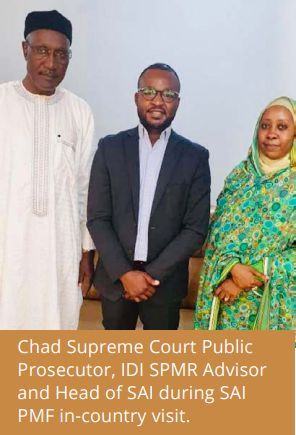
A strategic management process with ambitions adapted to the context of the SAI – meeting current and future challenges in a sustainable manner
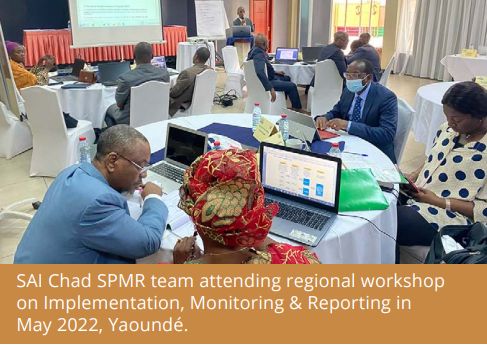
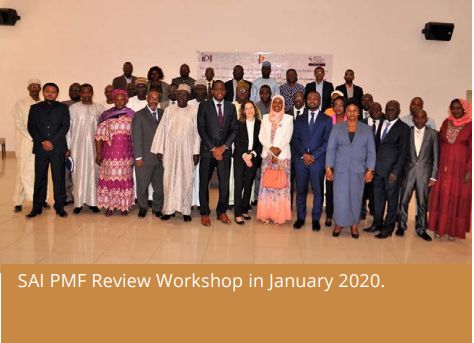
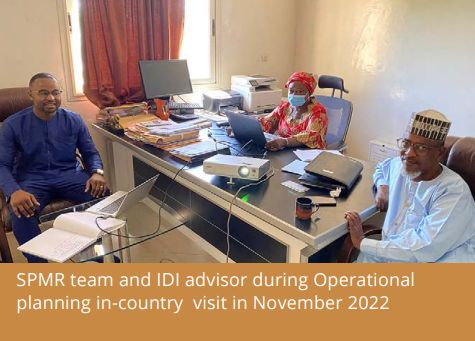
To meet the challenges and achieve the desired change, the SAI developed a strategic plan for 2023 - 2027 with realistic ambitions that include results to be achieved based on five strategic priorities. Strategic priority 1 is about upgrading the legal and institutional framework of the SAI to provide it with full legal means for effectively fulfilling its mandate, which was expanded after the last reform with the extractive sector. Priority 2 aims to enable the SAI to ensure the fullness of its mandate. Priorities 3, 4 and 5 should contribute respectively to the qualitative and quantitative improvement of staffing, to the enhancement of internal governance practices including ethics, as well as to a more effective collaboration with stakeholders. Thanks to the SAI’s first annual operational plan that was recently developed, implementation of the new strategic plan has already started.
All other things being equal, if SAI Chad pursues its efforts in the same vein, it should then be able to position itself in a sustainable manner in the accountability ecosystem of the country as a credible audit institution which pays due attention and respond effectively to the increasing demand for public sector accountability from its stakeholders, including citizens. To this end, continued support from technical and financial partners and peers will remain crucial, beyond the participation of the SAI to the SPMR and to other IDI interventions and the positive results they can contribute to.
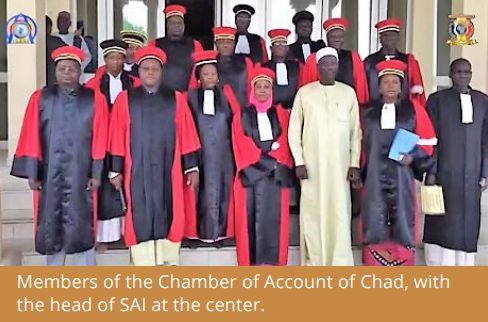
AUTHOR
Alain Memvuh is a Manager SAI Governance at the IDI. He is the IDI regional manager for CREFIAF sub-region, which is the INTOSAI sub-regional group of French speaking SAIs in Sub-Saharan Africa. As such, he is part of the IDI team in charge of the SPMR initiative in the region since 2019.
The SPMR initiative is co-funded by the Swiss State Secretariat for Economic Affairs, SECO
